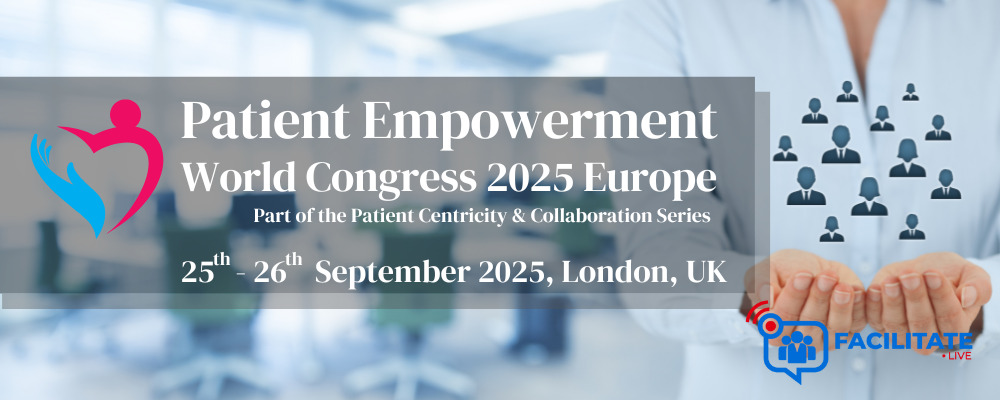

An OVID Health article by Ollie George
Earlier this summer, the UK government unveiled an ambitious Life Sciences Sector Plan, aiming to position the country as a global leader in health innovation, clinical research, and life sciences investment. It was a bold vision – one that promised to harness the UK’s rich ecosystem of research institutions, dynamic start ups, global pharmaceutical firms and NHS infrastructure to drive economic growth and improve patient outcomes.
But fast forward to today, and that vision is under threat.
Despite months of negotiation, no agreement has been reached on key elements of the Voluntary Scheme for Branded Medicines Pricing, Access and Growth (VPAG) mid-scheme review. The impasse over industry rebate levels and the way in which NICE values innovation has cast doubt over the UK’s ability to deliver on its life sciences ambitions.
The failure to reach consensus on VPAG poses a serious strategic risk. Without a workable agreement, the UK risks undermining its attractiveness to global pharmaceutical companies as a place to trial, develop and launch new medicines. Two major sticking points remain:
- Industry Rebate Levels: One of the most contentious issues in the VPAG negotiations is the scale of industry rebate payments. Under the current scheme, pharmaceutical companies are required to return between 23.5% and 35.6% of their revenue from branded medicine sales to the NHS. These are record-high clawback rates, and they place the UK far out of step with similar schemes in comparable European countries. For context, France’s average rebate rate is just 5.7%, Italy’s 6.8%, Germany’s 7%, Spain’s 7.5%, Belgium’s 7.9%, and Ireland’s 9%.
- NICE Methods: Another sticking point is the methodology used by NICE to assess the cost-effectiveness of new treatments. Despite dramatic shifts in healthcare innovation and inflation over the past two decades, NICE’s core thresholds have remained largely unchanged since 1999. Without reform, the UK risks falling behind in its ability to adopt cutting-edge treatments that are already transforming care elsewhere.
The Global Puzzle
The UK accounts for just 2.5% of the global pharmaceutical market. In isolation, this might seem insignificant, but the UK’s role as a reference pricing market makes it disproportionately influential. With the President Trump pushing for a most favoured nation approach to pricing in the US, it has placed a further spotlight on the UK negotiations.
If the UK continues to push for aggressive rebates and rigid medicines appraisal processes, there is a real risk it may find itself sidelined in global launch strategies. Real world examples of this have already come to light in recent weeks.
Now Is Not the Time to Squeeze the Medicines Budget
Despite its ambitions to lead in life sciences, UK investment in medicines is much lower than our European peers. Just 9% of the NHS budget is allocated to pharmaceuticals – far below the 15% in France and 17% in Germany and Italy. This has tangible consequences for patients, with only 37% of new medicines fully available in England, compared to 90% in Germany and 75% in Italy: a stark reflection of the treatment gap facing UK patients.
Rather than tightening the belt further on medicines, the government should look to drive savings through tackling systemic inefficiencies without compromising access to innovation.
What’s Next?
With no agreement reached as part of the mid-scheme review, the current VPAG arrangements could remain in place until 2028. However, doing so without reform would risk derailing the ambitions set out in the Sector Plan.
However, there is still hope. The UK still boasts a world-class research ecosystem and an NHS that has the potential to be a beacon on innovation. To unlock this potential, the government must incentivise investment and innovation.
The UK stands at a crossroads. It can either double down on short-term cost containment – or embrace a long-term strategy that prioritises patient access, innovation, and economic growth. The choice will shape the future of the UK life sciences sector and its role on the global stage.
Article originally published on LinkedIn on 28th August





